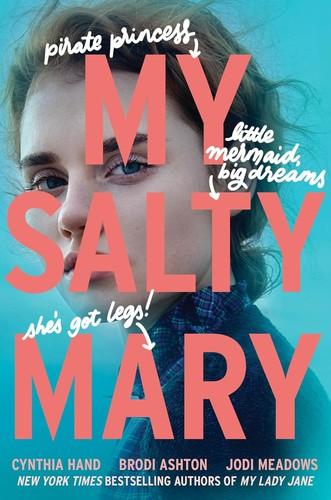2018 School Spending Survey Report
My Salty Mary
HarperTeen.
(The Lady Janies).
Aug. 2024.
448p.
Tr $19.99. ISBN 9780062930101.
COPY ISBN
VERDICT This title is for fans of the authors’ collaborations; otherwise, for mermaids and queering the fairy tale, read Emma Donoghue’s Kissing the Witch or Trung Le Nguyen’s The Magic Fish, and for swashbuckling and funny, historically embedded lady pirates, go to L.A. Meyer’s “Bloody Jack” series or Briony Cameron’s The Ballad of Jacquotte Delahaye.
ALREADY A SUBSCRIBER? LOG IN
We are currently offering this content for free. Sign up now to activate your personal profile, where you can save articles for future viewing





Be the first reader to comment.
Comment Policy:
Comment should not be empty !!!